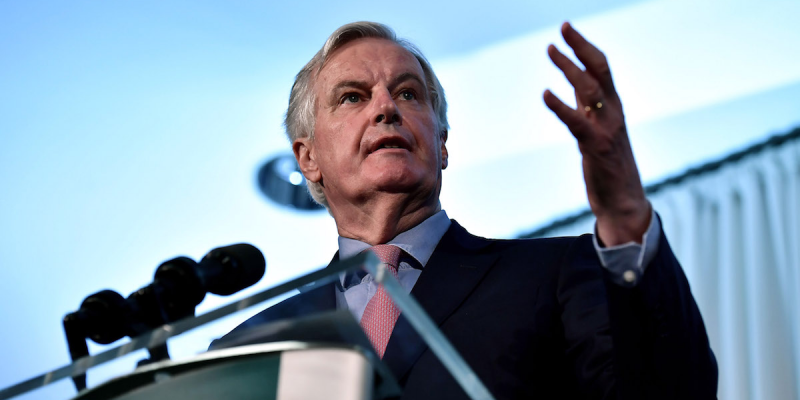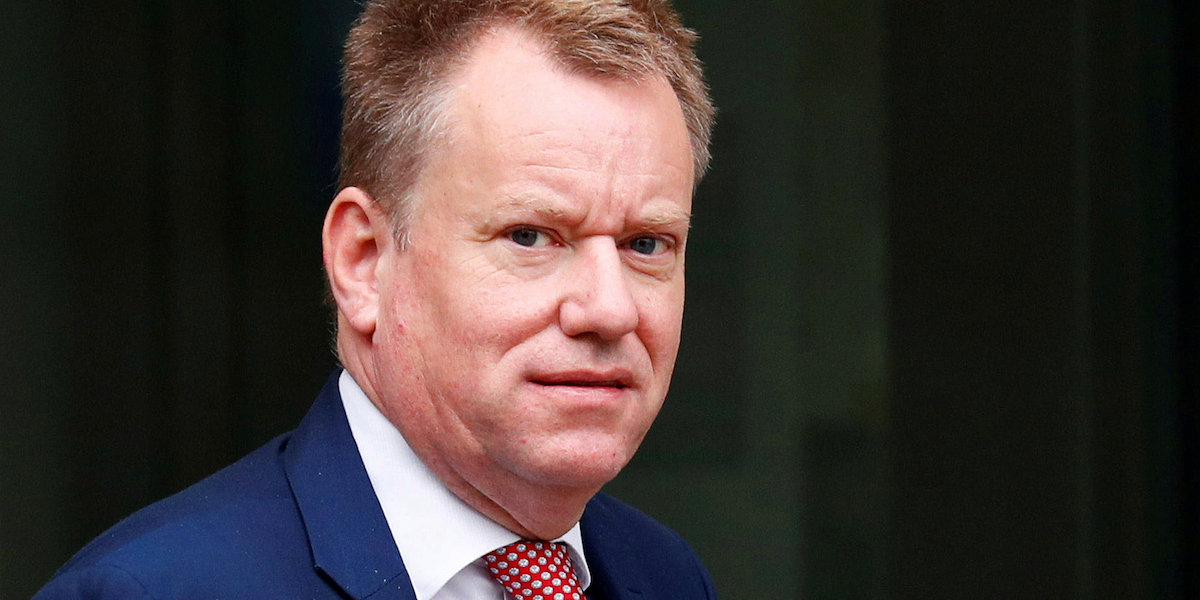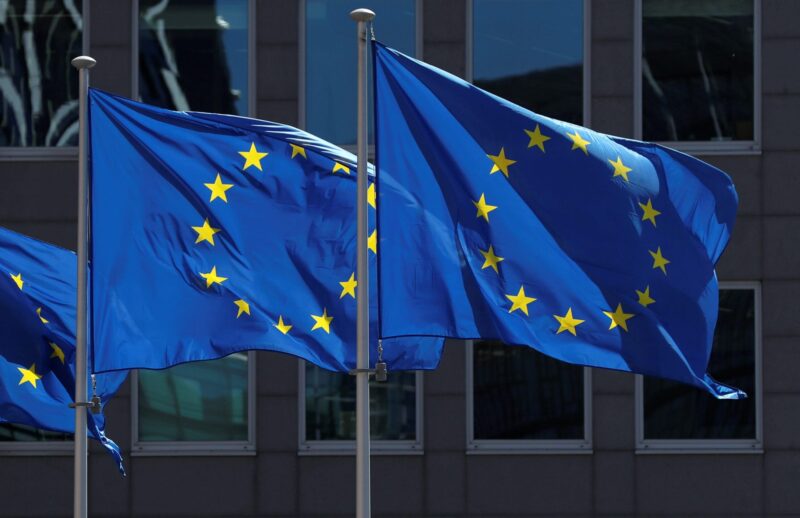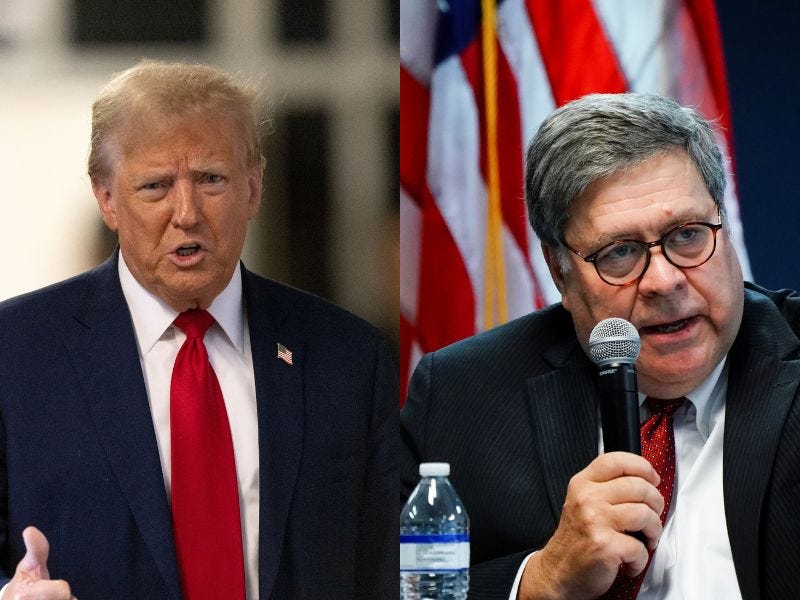- The UK is edging closer to leaving the EU without a free trade agreement.
- UK and EU negotiators have failed to make a breakthrough in round three of talks over a trade deal.
- David Frost, the UK’s chief negotiator, on Friday accused the EU of taking an ‘ideological approach.’
- His counterpart in Brussels, Michel Barnier, accused the UK of lacking ‘ambition.’
- Boris Johnson’s government insists it will not extend the Brexit transition period, despite the outbreak of the coronavirus and short timetable for negotiating a trade agreement.
- Visit Business Insider’s homepage for more stories.
The United Kingdom and European Union have failed to make a breakthrough in the latest round of talks over a free trade deal, with the UK government accusing Brussels of taking an “ideological approach.”
Negotiators from the UK and EU finished their third round of negotiations on Friday, with both sides aiming to strike a post-Brexit free trade agreement before the 11-month transition period expires at the end of this year.
In the absence of an agreement, the UK will trade with the EU with an array of new checks and costs from January next year.
However, Boris Johnson’s government insists that it will not extend the transition period beyond December under any circumstances, even if it means UK trading with EU member states on the harshest terms from 2021.
The UK government also refuses to extend the transition period despite the outbreak of the coronavirus.
David Frost, the UK's chief negotiator with the EU, on Friday said talks had produced "very little progress towards agreement on the most significant outstanding issues between us."
The two sides are currently far apart on two issues: fishing, and what the EU calls "level playing field."
On the latter, the EU says it wants the UK to follow certain rules as part of a trade deal, to ensure fair competition.
However, the UK government says agreeing to this would infringe on UK sovereignty.
"The major obstacle to this is the EU's insistence on including a set of novel and unbalanced proposals on the so-called 'level playing field' which would bind this country to EU law or standards, or determine our domestic legal regimes, in a way that is unprecedented in Free Trade Agreements and not envisaged in the Political Declaration," Frost said.
"As soon as the EU recognises that we will not conclude an agreement on that basis, we will be able to make progress."
Frost accused the EU of taking an "ideological approach."
"It is hard to understand why the EU insists on an ideological approach which makes it more difficult to reach a mutually beneficial agreement," Frost, who Prime Minister Johnson chose to lead talks, said on Friday.
"We very much need a change in EU approach for the next Round beginning on 1 June."
'The EU will not act in haste on such an important matter'

Michel Barnier, the EU's chief Brexit negotiator, said the UK had not "got into a real discussion about the level playing field, whatever they say" and that he was "disappointed" by the UK's lack of "ambition."
He said that there had to be significant progress at the next round of talks, scheduled to begin on Monday, June 1, in order to avoid a "stalemate between us" and the UK walking away without an agreement.
However, he warned that the EU would not change its fundamental position.
"The EU wants a modern, unprecedented, forward-looking agreement. Not a narrow one, rooted in past precedent, sliced up sector by sector," he told reporters in Brussels on Friday.
"The EU will not act in haste on such an important matter. Our mandate was not written in haste."
Naomi Smith, CEO of Best for Britain, which is campaigning for close UK ties with the EU, said: "We only have seven months left to strike a deal and implement its terms, meaning there's a big risk we face a no-deal Brexit at the turn of the year.
"Businesses in the UK are struggling to stay afloat and pay their employees right now, so they don't have the luxury of being able to prepare for such chaos.
"Under these circumstances, policy-makers on both sides should give serious thought to extending the transition period. By buying British industry a bit more time to prepare for a new relationship with Europe, the UK Government can only strengthen its hand in these negotiations."










